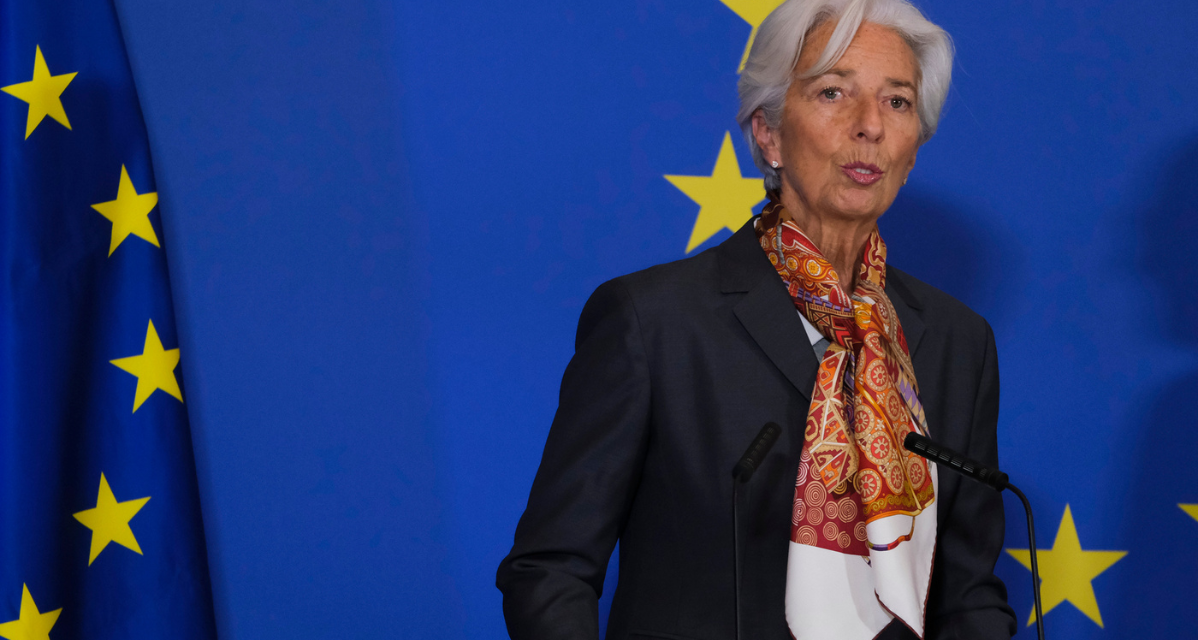Markets Remain Robust

At the close of business last Friday, global equities were higher on the week after a flurry of central bank meetings and data showing that core inflation continues to cool. The yield on the US 10-year note rose 17 basis points to 3.99% from a week ago while the price of a barrel of West Texas Intermediate Crude oil added $3.25 to $79.75 amid signs of solid US growth. Volatility, as measured by the Cboe Volatility Index (VIX), slipped to 13.5 from 13.9 a week ago.
CANADIAN ECONOMIC NEWS
Our economy in Canada expanded by 0.3 percent in May, as a large decline in oil and gas output because of wildfires was offset by growth in the service sector. More than half of all industries posted growth.
To be clear, we think the last increase in interest rates by our central bank was a mistake and now the Bank of Canada is saying it’s trying to not raise interest rates more than it has to, as members of the governing council are mindful of the risks associated with raising rates too much. We believe the notes from their last meeting reveal that the central bank had a hard time deciding whether monetary policy was simply taking longer to work its magic on the economy and inflation, or whether rates simply weren’t high enough. It’s reasonable to assume they are going to be more patient.
US ECONOMIC NEWS
With just over half of the constituents of the S&P 500 Index having reported for Q2 2023, blended earnings per share show that earnings declined 7.5% compared with the same quarter a year ago. The energy and materials sectors have shown the sharpest declines while consumer discretionary has the best growth. Sales were flat year over year.
The US Federal Reserve raised the Fed funds rate to between 5.25% and 5.5% on Wednesday and said it will hike further if necessary. As inflation continues to cool, I believe it is safe to say the tightening cycle is finally done. Fed Chair Jerome Powell refuted the idea that the central bank is on pace to tighten policy at every other meeting, saying decisions will be made meeting by meeting. Wednesday’s move brought policy rates to their highest level in twenty-two years. The Fed upgraded its assessment of US growth from modest to moderate and Fed staff dropped its recession forecast. We believe rate cuts in the US are unlikely until the start of 2024.
Powered by consumer spending and non-residential investment, preliminary US GDP data showed that the economy grew 2.4% in the second quarter, quicker than the 2% pace posted in Q1. Growth significantly outpaced the 1.8% consensus forecast. The US saw a drop in core PCE inflation, the Fed’s preferred measure, to 4.1% year over year in June from 4.6% in May.
EUROPEAN ECONOMIC NEWS
The European Central Bank hiked rates to 3.75% on Thursday, matching the highest level in the ECB’s twenty-five-year history. Markets expect that the central bank is very close to its terminal rate for the cycle. ECB President Christine Lagarde acknowledged that the Governing Council is moving to a stage where it’s becoming data-dependent and said that past tightening is dampening euro-area demand. Lagarde said the ECB’s next move would be to hike rates or pause.
JAPAN, CHINA and EMERGING MARKETS ECONOMIC NEWS
On Friday, the Bank of Japan tweaked its yield curve control policy which is designed to keep Japanese government bond yields in a narrow corridor. The bank said the former 0.5% cap on 10-year JGB yields will now be a reference level and that it will only intervene flexibly to limit yields, with a cap at 1%. The move is seen as a tentative first step toward monetary policy normalization, though the bank maintained its negative interest rate policy, saying more time is needed to sustainably hit its 2% inflation target. Ten-year yields rose 13 basis points to 0.57% on the announcement while USD/JPY is about 1% lower than where it traded Thursday afternoon before a Nikkei News article presaged the BOJ shift. The Nikkei 225 Index fell 0.4%.
For the first time in years, China’s Politburo dropped the phrase “housing is for living, not speculation,” raising expectations that the government is trying to rekindle the country’s stagnant housing market by easing restrictions. The Politburo also appointed Pan Gongsheng to lead the People’s Bank of China, replacing Yi Gang, who reached the official retirement age of 65. Commodities prices have been rising in recent weeks in anticipation of renewed economic stimulus.

